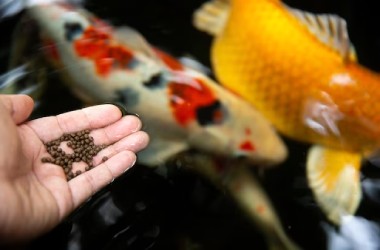
The increase in global population and the rise in food consumption, especially protein consumption, are interconnected phenomena that have significant implications for our world.
The global population has been steadily growing due to various factors such as improved healthcare, reduced mortality rates, better sanitation, and advancements in agricultural practices. As a result, the number of people on our planet has increased considerably.
As the population grows, so does the demand for food. With more mouths to feed, overall food consumption worldwide has increased. This trend is evident in both developed and developing countries.
Proteins are essential nutrients for developing, maintaining, and repairing body tissues. As societies become more affluent and urbanized, dietary preferences shift towards increased protein intake; this is particularly noticeable in emerging economies where people's diets are transitioning from traditional staples to more protein-rich diets, often focusing more on animal-based proteins like meat, poultry, and fish.
Several factors contribute to the increased protein consumption.
a. Economic Growth. Rising incomes enable people to afford a more diverse diet, including protein-rich foods.
b. Urbanization. As more people move to urban areas, dietary habits change, and there is a higher demand for convenient and protein-rich foods.
c. Globalization. Improved trade and transportation have made protein-rich foods accessible worldwide, increasing consumption.
d. Cultural Influences. Changes in cultural norms and preferences, along with marketing and advertising, can influence people's dietary choices, including protein consumption.
Impact and Challenges
The increase in global population and food consumption, especially protein intake, presents several challenges and implications.
Meeting the growing demand for food, especially protein sources, significantly strains natural resources like land, water, and energy.
Intensive farming practices to meet the demand for animal-based proteins contribute to deforestation, greenhouse gas emissions, and biodiversity loss.
Ensuring sufficient and equitable access to nutritious food for everyone becomes challenging, particularly in regions with high population density and limited resources.
While proteins are essential for human health, excessive consumption of certain types of proteins, mainly processed meats, can lead to health issues such as cardiovascular diseases and obesity.
Addressing these challenges requires a combination of sustainable agricultural practices, increased food production and distribution efficiency, innovative food technologies, and a focus on promoting balanced and healthy diets. It also calls for international cooperation and policies aimed at achieving food security and reducing the environmental impact of food production.







.jpg)





